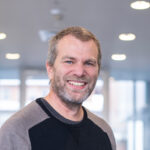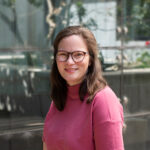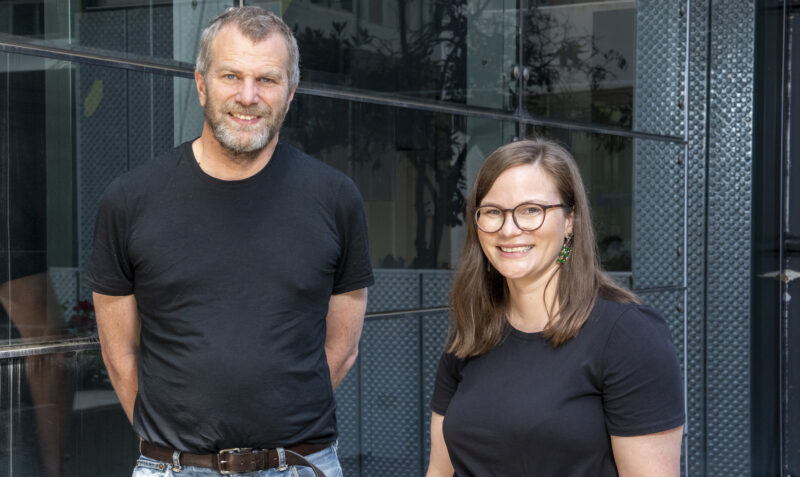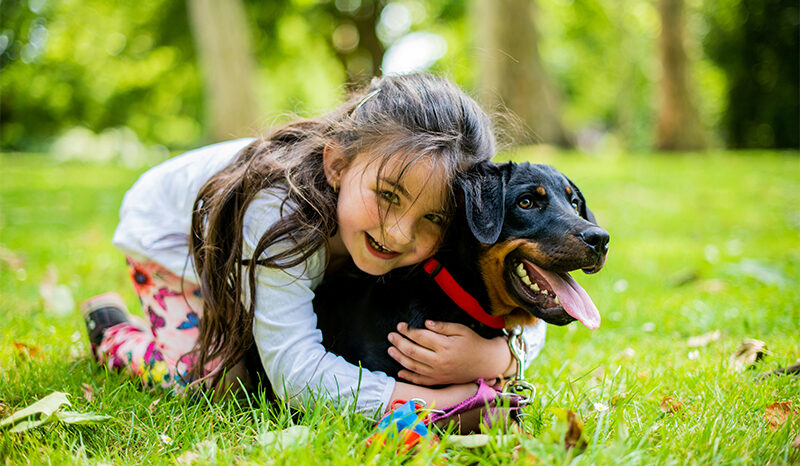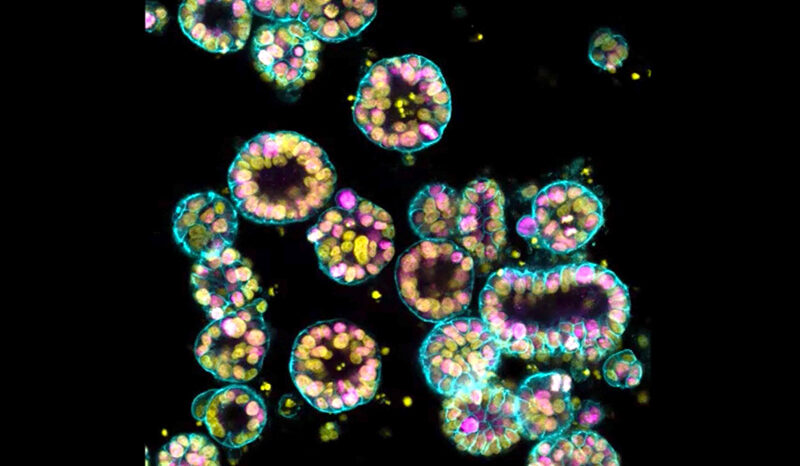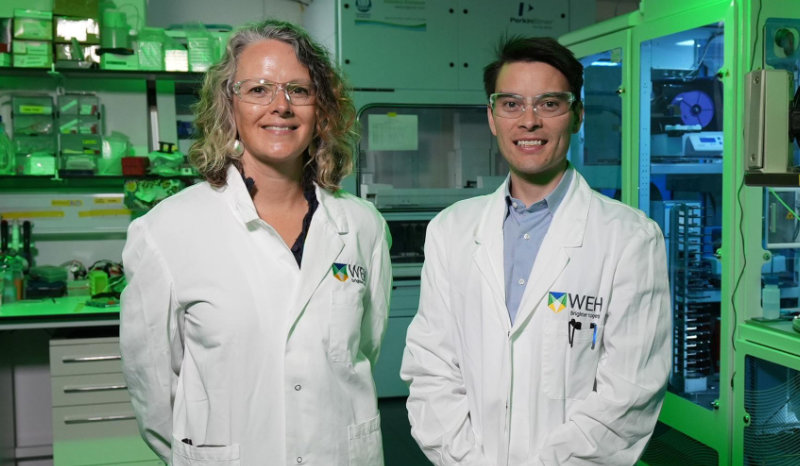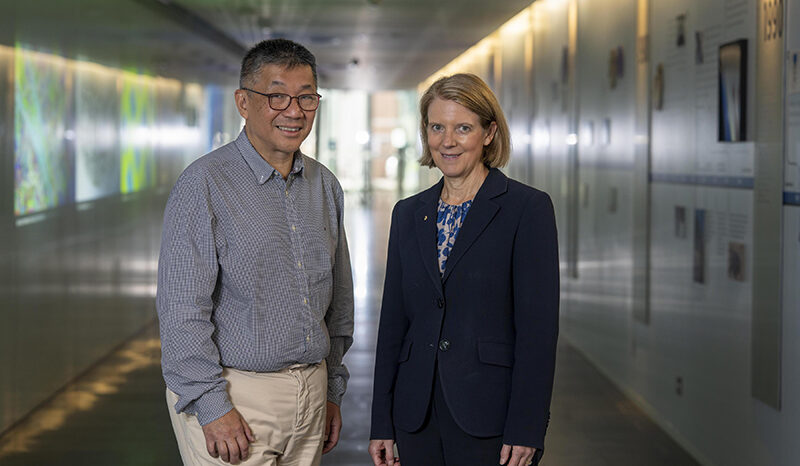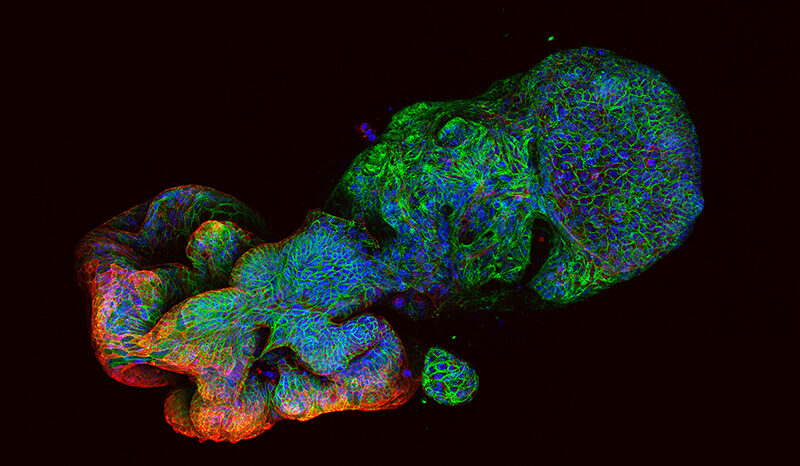Ivo:
I first came to Australia from Switzerland to do postdoctoral work at the University of Queensland, then spent 10 years at the Papua New Guinea Institute of Medical Research before joining WEHI in 2011.
Infection by the Plasmodium vivax parasite is the more common form of malaria we see in most parts of southeast Asia and the Pacific, but P. vivax has different biology from other Plasmodium parasites. After a person is initially infected, a form of the P. vivax parasite can lie dormant in their liver cells for months or years before re-entering the bloodstream, causing a relapse of symptoms and contributing to the spread of the disease.
Rhea and I have been collaborating on P. vivax research since she joined my lab about eight years ago. I remember when I first got Rhea’s CV, I contacted her former supervisor and he told me: “You’d be an absolute fool if you didn’t hire her!”
“Controlling and ultimately eliminating P. vivax malaria means tackling the hidden reservoir of parasites in the livers of people with no symptoms.”
That’s where Rhea’s research comes in: based on what she’s discovered about the immune response to P. vivax, we can now use a blood test – serology – to look for the tell-tale ‘tags’ of recent infection.
If we can identify who is likely to be carrying dormant parasites in their livers, we can focus on those individuals rather than trying to treat the whole population with potentially toxic anti-malarial drugs. We call this strategy P. vivax serological-testingand-treatment (PvSeroTAT).
Our collaboration keeps evolving: Rhea is taking more ownership of the lab, and that’s how it should be. One of the great things about being a mentor is that you can hand something over and watch it grow; that’s much more fun than doing it all yourself.
We have very different skill sets, so meeting in the middle is easy. Rhea is an immunologist and vaccinologist whereas I’m fundamentally an epidemiologist and statistician. Much of my job now is finding the funding support for our research; Rhea is the brains behind the lab operation!
But what we do at WEHI is just the tip of the iceberg: although we might develop technologies and approaches, most of the work happens in the field. That’s how you do global health research – building local capacity and confidence is the key.


